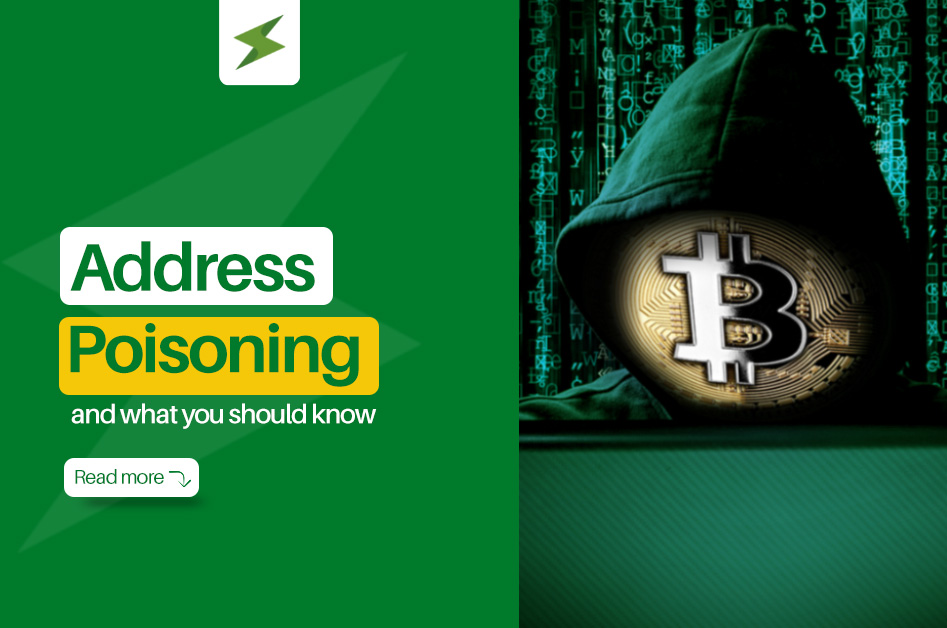
If you see a gun, you’ll obviously know that’s a threat right there and you will run; but how do you identify a poison that looks like your regular table salt or any consumable item in your house? Most people obviously can’t identify and that’s why it harms them slowly from within. The same happens in the case of address poisoning in cryptocurrency.
What is Address Poisoning?
Address poisoning in cryptocurrency refers to a malicious act where a hacker modifies the code of a cryptocurrency wallet to redirect funds to their own wallet. Essentially, the hacker is poisoning the wallet’s address book so that the funds intended for the victim’s wallet will instead go to the hacker’s wallet.
The process of address poisoning starts with the hacker identifying a vulnerable wallet to attack. The attacker will then modify the code of the wallet so that the address book is poisoned, meaning that the wallet will send funds to the attacker’s wallet instead of the intended recipient’s wallet.
One of the most common methods of address poisoning is phishing. This is where the hacker creates a fake website that looks identical to the wallet provider’s website. The victim is then tricked into entering their login credentials, which the hacker uses to access the wallet and modify the code.
Another way of address poisoning is by compromising the wallet provider’s server. The attacker gains access to the server and modifies the wallet code, which results in the poisoning of the address book. This is particularly dangerous because it affects all the wallets that are connected to the server.
How To Safeguard Yourself from Adress Poisoning
To protect yourself from address poisoning, it is essential to use a reputable and secure wallet provider like SekiApp. You should also be cautious of phishing attempts and never enter your login credentials on an untrusted website.
Additionally, it is recommended to keep your software and antivirus up to date, as well as regularly backing up your wallet.
Conclusion
In conclusion, address poisoning is a serious issue in the cryptocurrency world, but it is preventable if you take the necessary precautions. By being vigilant and using a secure wallet provider, you can ensure that your funds are protected from malicious actors.

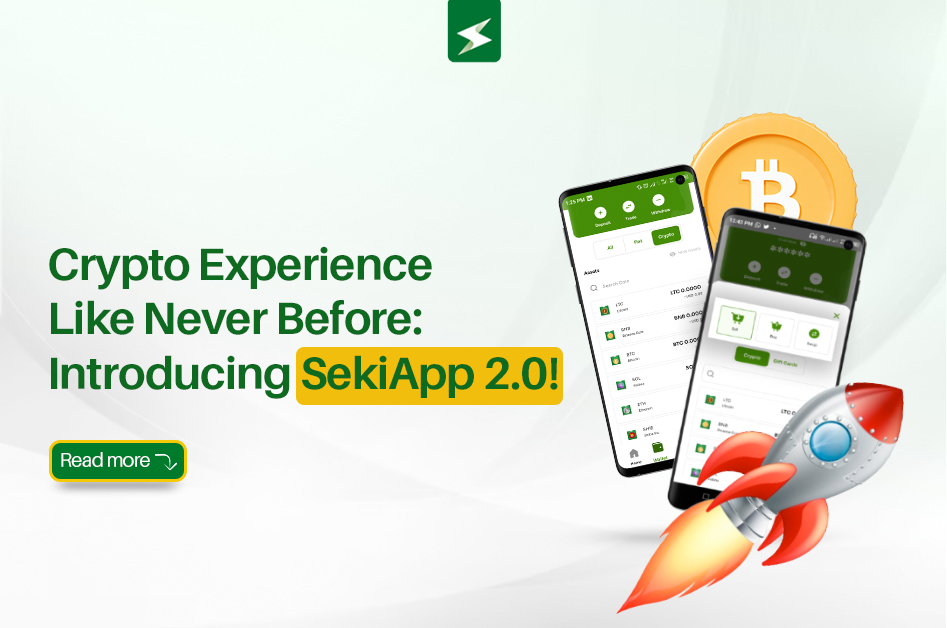
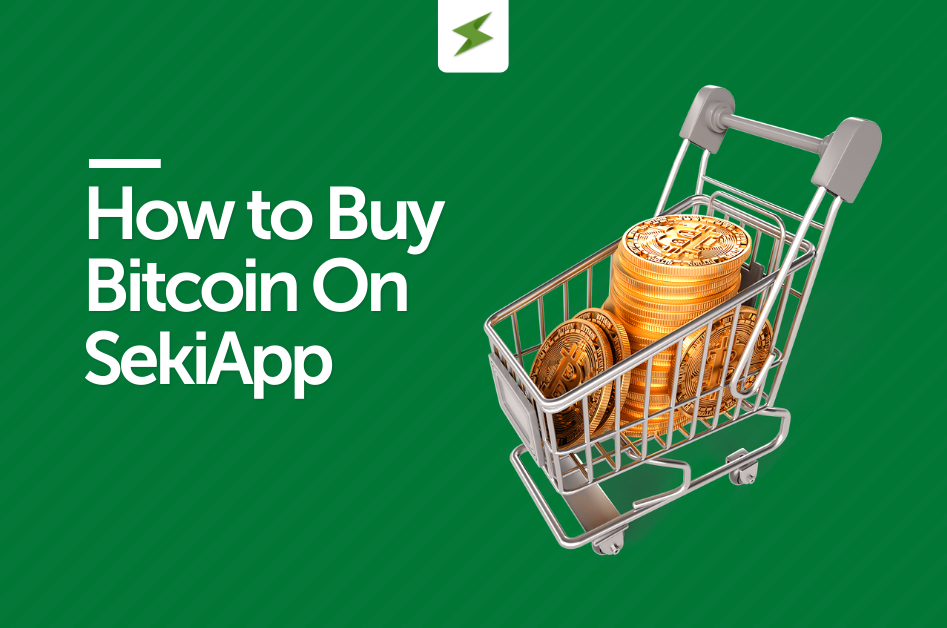
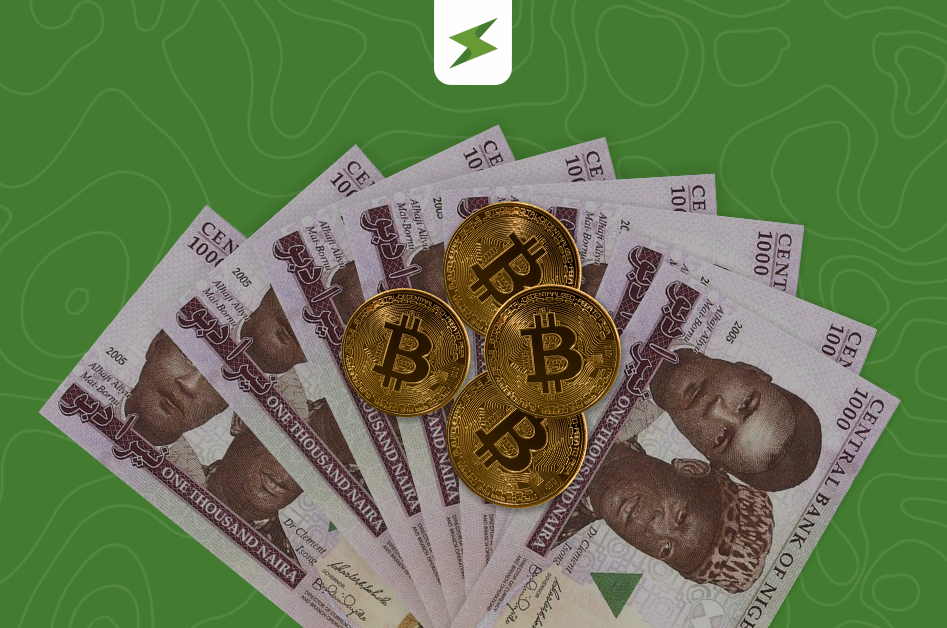

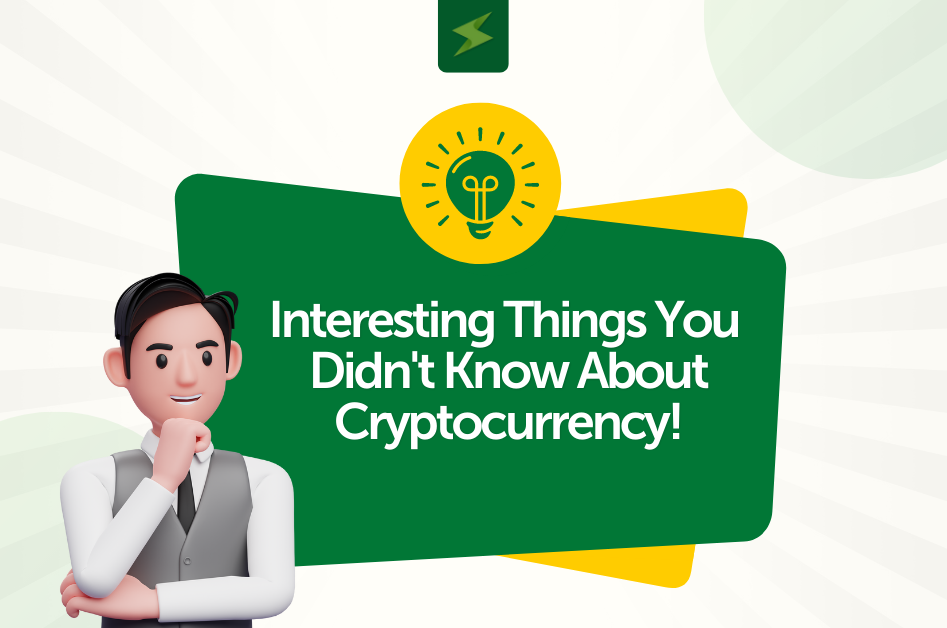
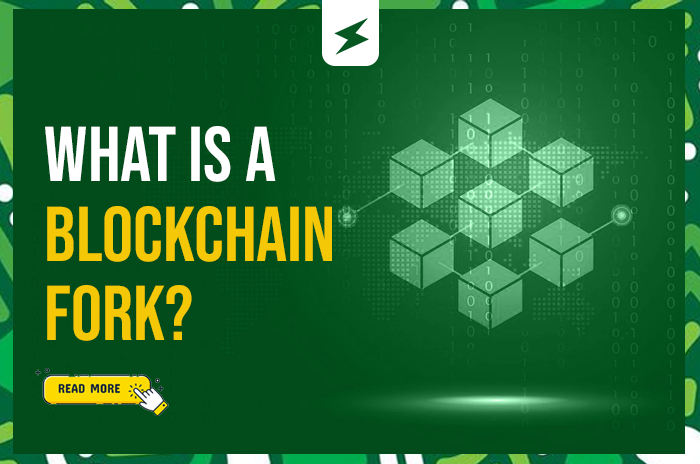

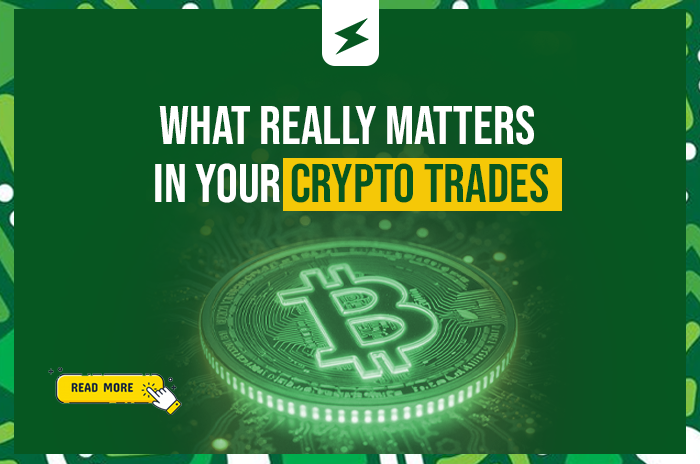


One Comment
[…] you have a magic wallet that holds your digital Moolah (money). Well, that’s your cryptocurrency wallet! There’s the “hot” one, always sizzling with action, and the “cold” […]
Comments are closed.